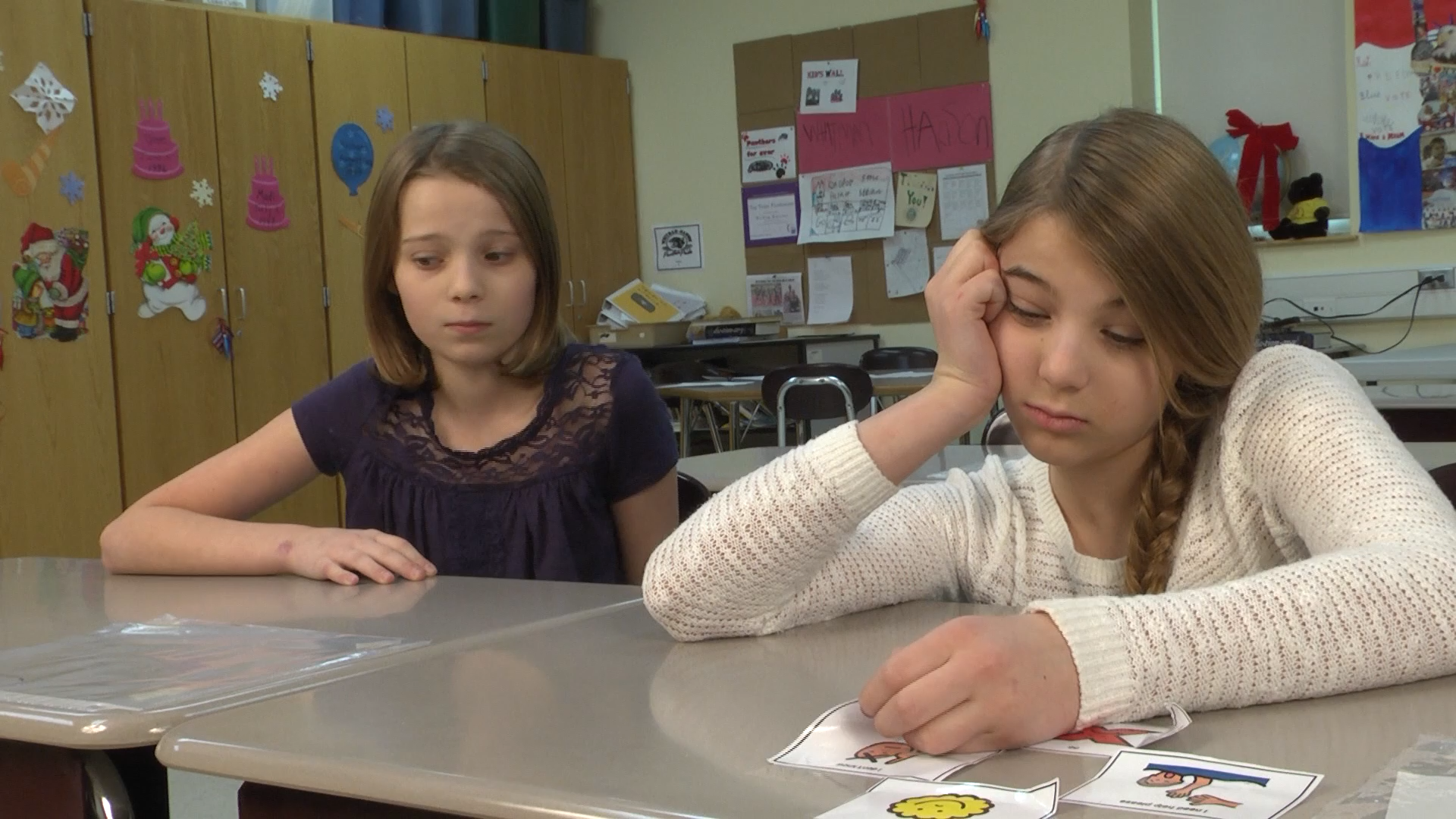
As educators, we strive to help our students develop essential social skills that will improve their interactions and relationships with others. One such skill is the ability to show interest in conversations, even when the topic might not be personally interesting. This blog post will provide an overview of this skill, a no-prep activity for educators to use, discussion questions, related skills, and next steps for further exploration.
Introduction
When engaging in conversations, it’s crucial for students to understand that different people have diverse interests. While some topics may not be personally appealing, it’s essential to act interested and engaged to maintain a positive social interaction. By making eye contact, nodding, and making small comments, students can demonstrate that they are actively listening and respecting the other person’s feelings, even if they aren’t genuinely captivated by the subject matter.
No-Prep Activity
Here’s a simple, no-prep activity to help teach students the importance of showing interest in conversations:
- Divide the students into pairs.
- Ask each student to think of a topic they find interesting.
- Have the students take turns sharing their topic with their partner.
- Instruct the listening partner to practice showing interest by making eye contact, nodding, and making small comments, even if they aren’t genuinely interested in the topic.
- After both students have shared their topic, have them switch partners and repeat the process.
- Bring the class back together and discuss the experience. Encourage students to share how they felt when their partner showed interest and how they managed to show interest in their partner’s topic.
Discussion Questions
- Why is it important to show interest in a conversation, even if the topic doesn’t interest you personally?
- How did you feel when your partner showed interest in your topic? How did you feel when you showed interest in your partner’s topic?
- What strategies did you use to show interest in your partner’s topic, even if it wasn’t something you were genuinely interested in?
- Can you think of a time when someone didn’t show interest in what you were saying? How did it make you feel?
- How can practicing this skill help improve our social interactions and relationships with others?
Related Skills
Besides demonstrating interest in conversations, there are other related social skills that students can benefit from learning:
- Active listening: Paying close attention to the speaker and asking clarifying questions when needed.
- Empathy: Putting oneself in another person’s shoes and understanding their feelings and perspectives.
- Nonverbal communication: Interpreting and using body language, facial expressions, and gestures to convey messages and emotions.
- Respecting personal boundaries: Recognizing and respecting the personal space and limits of others during interactions.
Next Steps
To continue developing social skills like showing interest in conversations, consider signing up for free samples of these skills and more at Everyday Speech. By incorporating social-emotional learning principles into your classroom, you can help your students build stronger connections and foster positive relationships with others.

